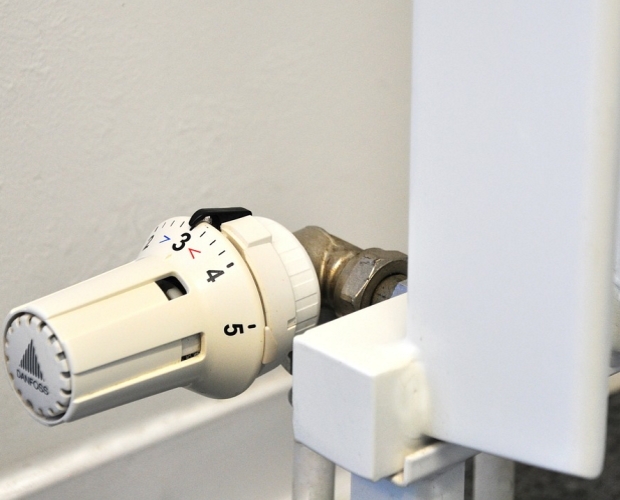“Rural areas should not be used as a test bed to trial systems for the rest of the UK.”
“Electrification is not the single answer: the government should follow a mixed technology approach.”
.
In rural areas, there is concern about new regulations around wood burners – a common source of heating in Devon:
Would another source of fuel in rural areas be a good alternative?
There are other alternatives – but there is a lot of mixed messaging going on, as Stephen Armstrong writing in the Telegraph this week reports:
As a recent government report reveals that installing heat pumps in older homes may be too difficult, I’m starting to worry how I can heat this place without frying the planet…
Something has to change. We’ve only got three years before gas boilers are outlawed, yet “the UK has the oldest housing stock in Europe, and most likely in the world,” according to a report by the BRE Trust…
I would rather a district heating scheme – like New York’s Con Edison’s Steam Operations, which has been piping steam to households since 1882. They have them in Copenhagen and there is one near Edinburgh. All I need is to persuade my neighbours, dig up the streets and see if I can coax Transport for London into connecting my distant suburb to its planned tube waste heat system. Although the experts I polled just sighed and said heat pumps are the only game in town right now. “Running it is going to be no harder than the furlough scheme,” says Lownes. “But without government help, I doubt you’ll pull it off.”
Kate Andrews, The Spectator’s economics editor discusses all this with three experts in the field: Chris O’Shea, the chief executive officer at Centrica, Dr Tina Fawcett, the acting leader of the energy research team at the Environmental Change Institute at the University of Oxford, and the co-director of the Centre for Research Into Energy Demand, and Jacob Young, who is the MP for Redcar and chairs the All-Party Parliamentary Group for Hydrogen.
Heat pumps and hydrogen boilers: making a house a green home | spectator.co.uk
But as reported by the Farmers’ Weekly, the Rural Services Network is not happy:
Plans to force rural property owners in England to replace oil-fired heating systems with heat pumps almost a decade earlier than their counterparts who are connected to the gas grid have been branded ‘unfair’ by rural lobbyists. As part of its heat and buildings strategy, the government is consulting on ending from 2026 the installation of new fossil fuel heating in English homes which are off the gas grid. Air source heat pumps have been identified as the ‘first choice’ replacement.
The Rural Services Network (RSN), which represents local authorities and organisations working in rural areas, said rural areas should not be used as a test bed to trial systems for the rest of the UK. Under the proposal, a household off the gas grid whose oil or LPG boiler breaks down and cannot be repaired will be required after 2026 to install a new non-fossil fuel heating system. However, property owners on the gas grid who face such a breakdown will be able to replace like-for-like until 2035.
Heat pump proposals ‘grossly unfair’ to rural communities | fwi.co.uk
Here the RSN looks at the government’s latest proposals for alternative sources of heating – especially if you live off the gas grid:
PHASING OUT FOSSIL FUEL HEATING
The RSN regularly meets with government departments and earlier this month received a presentation from the Department for Business Energy and Industrial Strategy (BEIS) on the phasing out the installation of fossil fuel heating systems in buildings off the gas grid

Government plans include:
- To deliver 600k heat pumps per year by 2028
- The boiler upgrade scheme
- An end to new fossil heating off the gas grid
- A market-based mechanism for heat pump deployment
To find out more about each of the above click here to view the presentation made by BEIS.
You might also be interested in reading the RSN’s latest Rural Lens Reviews on the Government’s Net Zero Strategy and Heat and Buildings Strategy, in which we identify the importance of diversity across and decarbonisation, highlighting electrification is not the single answer, the government should follow a mixed technology approach including biofuels such as BioLPG and bioliquids. And that choice, not mandate options are needed that are suitable for all homeowners, dependent on their situation (financial, physical and property).
To achieve conversion for all homes in 30 years needs financial support, available equipment and a workforce to deliver a range of solutions.
Click the links below to view:
– Rural Lens Review – Net Zero Strategy Build Back Greener
– Rural Lens Review – Heat and Buildings Strategy